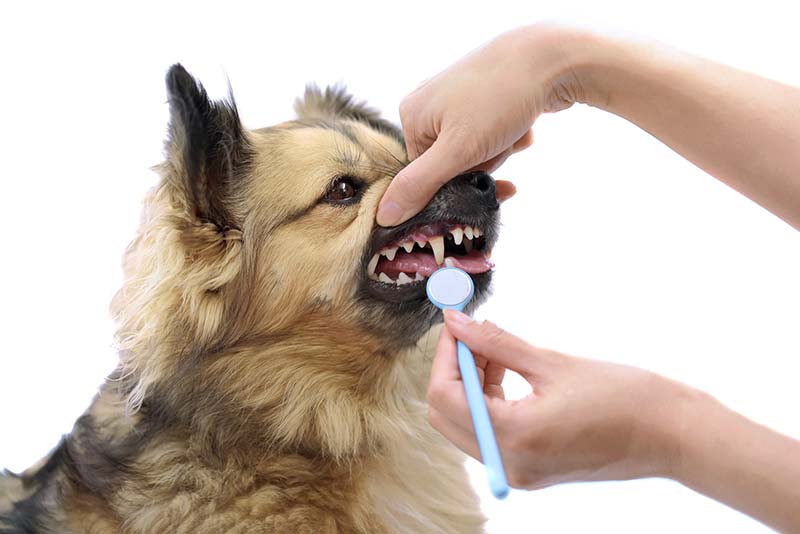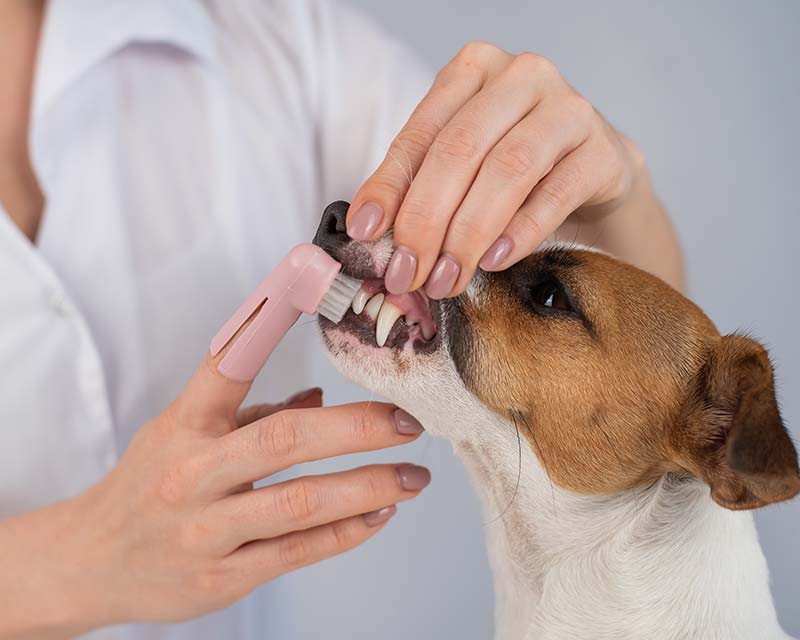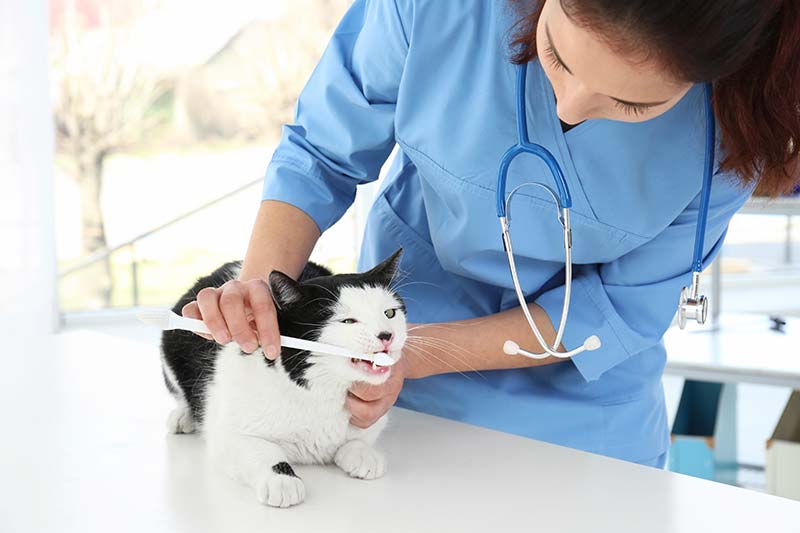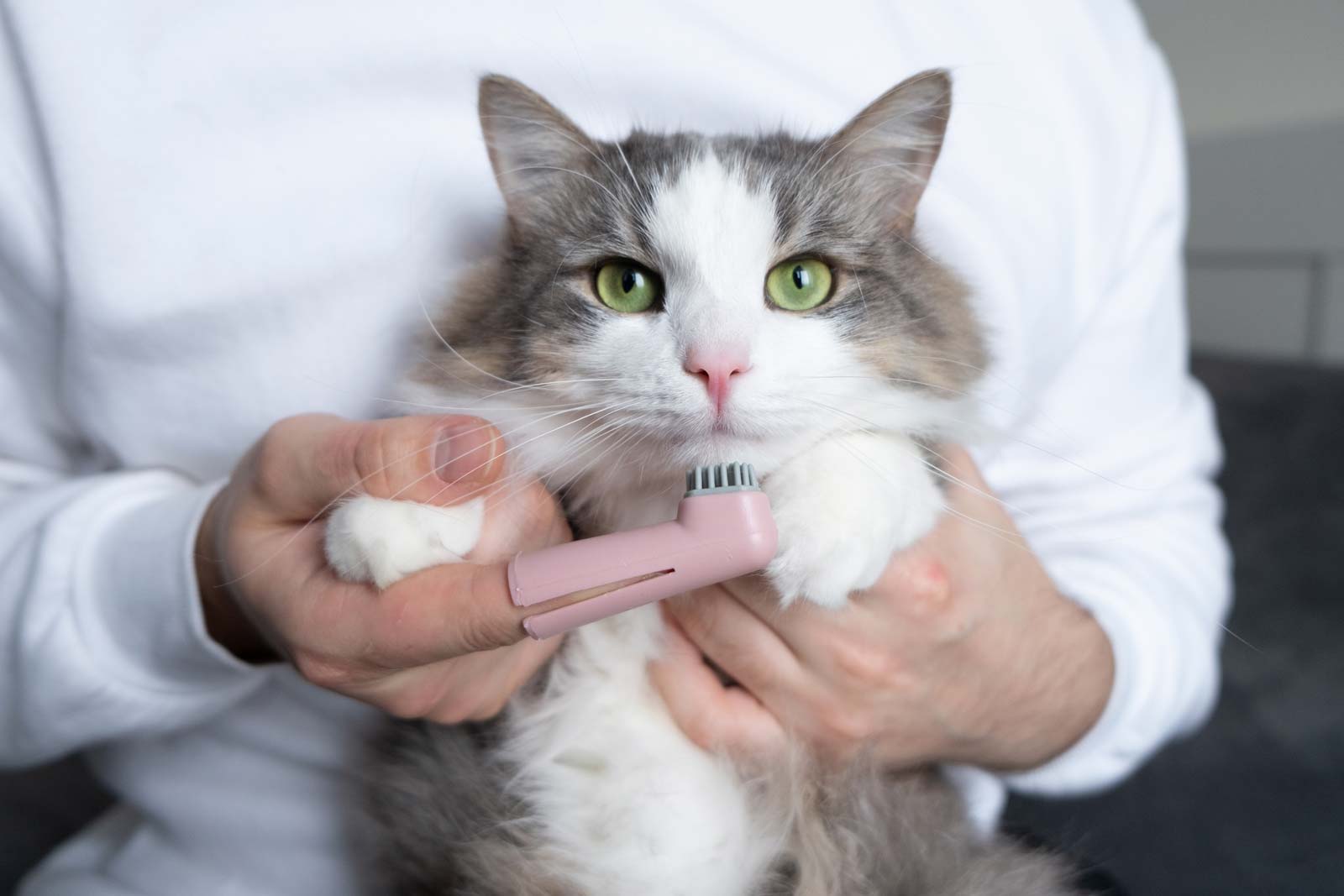5 Essential Tips for Keeping Your Pet's Teeth Healthy During Dental Month
February is Dental Month, a time when pet owners are encouraged to pay extra attention to their furry friend’s dental hygiene. Just like humans, pets can suffer from a variety of dental problems, including gum disease, bad breath, and tooth decay. However, many pet owners do not realize the importance of dental health for their furry friends. Neglecting your pet’s dental health can lead to pain, discomfort, and serious health problems. Here are some tips for caring for your pet’s teeth:

5 Tips For Maintaining Your Pet's Dental Hygiene

1. Brush your pet's teeth regularly
One of the best things you can do for your pet’s dental health is to brush their teeth regularly. You can use a toothbrush and toothpaste designed specifically for pets. Make sure to brush the outside of the teeth and the gums, as well as the inside of the teeth. Start slowly and be patient, as it may take some time for your pet to get used to having their teeth brushed.
2. Use dental chews and toys
Dental chews and toys are a great way to help keep your pet’s teeth clean and healthy. These products are designed to help remove plaque and tartar from the teeth and can also help freshen your pet’s breath. Make sure to choose dental chews and toys that are appropriate for your pet’s size and chewing habits.
3. Feed your pet a healthy diet
Your pet’s diet can also have an impact on their dental health. Feeding your pet a healthy diet that is low in sugar and carbohydrates can help prevent the buildup of plaque and tartar on their teeth. You can also talk to your veterinarian about dental diets that are specially formulated to promote dental health.
4. Schedule regular dental checkups
Regular dental checkups are important for maintaining your pet’s dental health. Your veterinarian can perform a thorough dental exam and identify any potential problems early on. They can also provide professional dental cleanings to help remove plaque and tartar buildup.
5. Be aware of warning signs
Finally, it’s important to be aware of the warning signs of dental problems in pets. These can include bad breath, difficulty chewing or eating, swollen or bleeding gums, loose teeth, and changes in behavior or appetite. If you notice any of these signs, it’s important to schedule a dental exam with your veterinarian as soon as possible.
Pet Dentistry & Comprehensive Veterinary Care In Cannonsburg, PA
As a responsible pet owner, it’s essential to prioritize your furry friend’s dental health. If you notice any signs of dental problems or haven’t had your pet’s teeth examined recently, it’s time to schedule an appointment with a trusted veterinarian.
At Akeso Veterinary Clinic in Cannonsburg, PA, we offer comprehensive dental care services, including dental exams, cleanings, and treatment of dental issues. Our team of experienced veterinarians and staff is dedicated to providing high-quality, compassionate care to every pet. Contact us today to schedule an appointment and ensure your pet’s dental health is in good hands.














